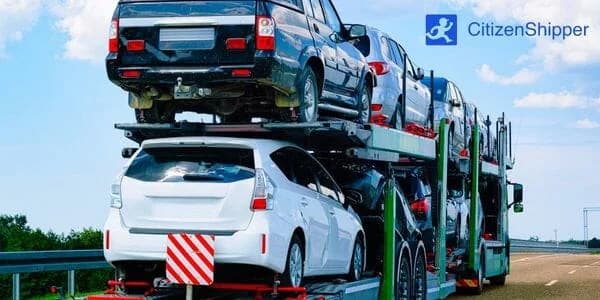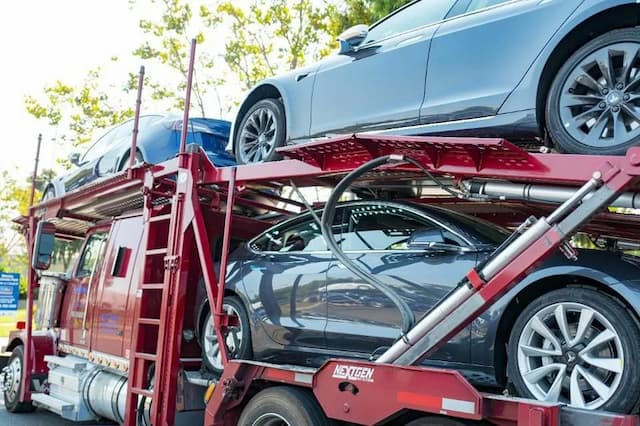Navigating Car Transport in Katy, TX
When it comes to shipping your car in Texas, there's a world of factors to consider. Texas, with its vast highways, extreme temperature fluctuations, and unique geographical challenges, presents a distinct set of circumstances. But don't worry! Here at CitizenShipper, we are committed to helping you navigate through it all. Whether you're moving into or out of Katy or need to transport your car for any reason, our expert team is here to help.
Texas's Vehicle Transportation Laws & Regulations
In Texas, car transportation laws and regulations are in place to ensure the safety and preservation of all vehicles and public roadways. Auto transporters must adhere to the Federal Motor Carrier Safety Administration (FMCSA) regulations for safety. Compliance involves ensuring that all vehicles are properly secured during transport and maintaining necessary documents for every shipped vehicle.
All auto transporters operating in Texas must also possess an active MC Docket number, issued by the FMCSA. This number signifies that a transportation company is registered under the federal government, allowing them to legally operate across state lines. Texas also has specific weight restrictions and oversized load regulations that carriers must follow, which can affect larger vehicles or specialty transports.
Weather & Terrain Considerations in Katy, TX
Weather patterns in Katy, TX have a significant impact on car shipping. With a humid subtropical climate, you can expect hot, humid summers with temperatures frequently exceeding 90°F and mild, short winters. While snow is rare in Katy, occasional tropical storms and flooding can occur, particularly during hurricane season from June to November, which can impact transportation schedules and routes.
Katy's terrain is predominantly flat with clay-based soils typical of the Texas coastal plains. While this generally facilitates easier transport compared to mountainous regions, heavy rainfall can lead to local flooding that may temporarily disrupt shipping routes. The city's proximity to Houston also means that urban traffic congestion can be a factor in delivery timelines, especially during peak hours. It's beneficial to plan and account for possible weather-related delays, particularly during the storm season.








